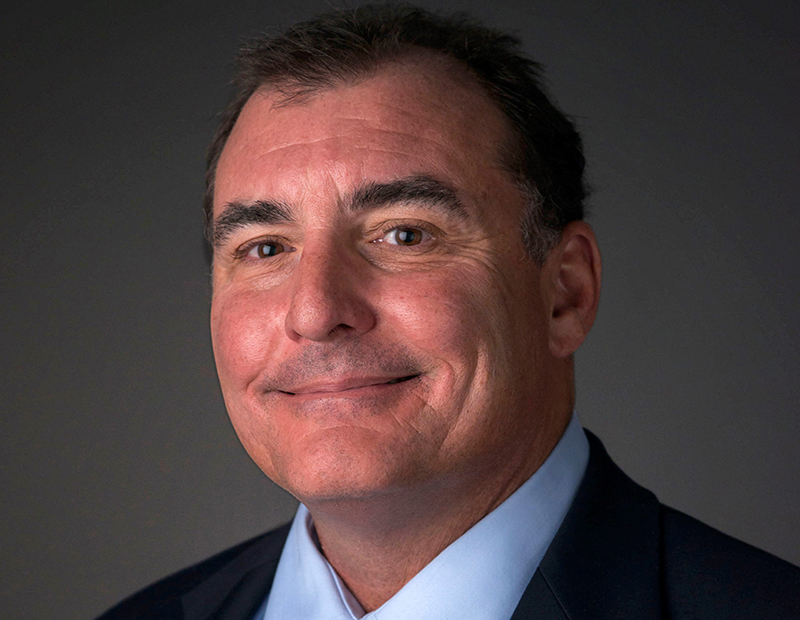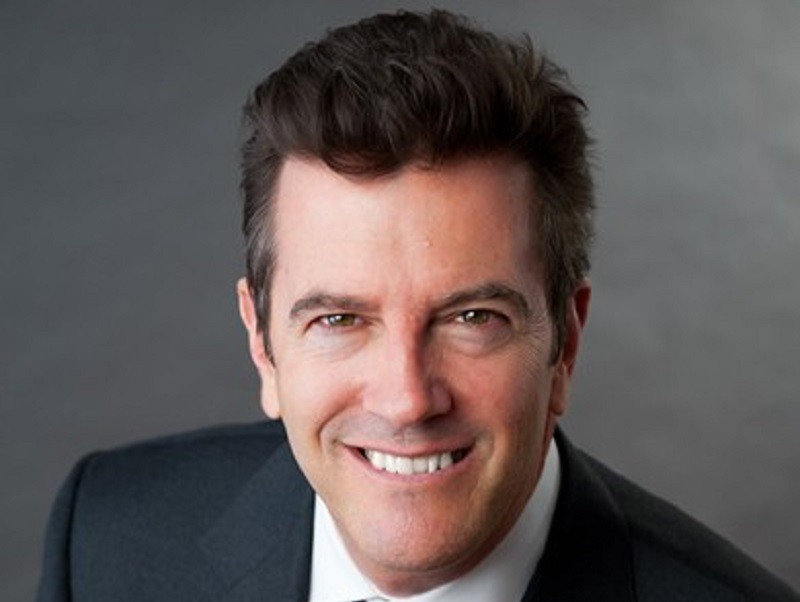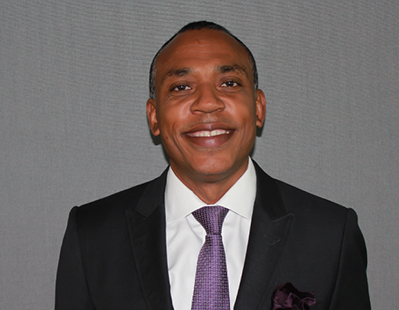Operating Manufactured Housing Communities in Tough Times
Three Pillar Communities Co-Founder Daniel Weisfield discusses rent collection, technology tools and communication strategies with residents during the pandemic.

Daniel Weisfield, Co-Founder, Three Pillar Communities. Image courtesy of Three Pillar Communities
Considered one of the most viable solutions for closing the country’s housing gap, the manufactured housing segment has maintained a strong outlook throughout the first half of this year, despite COVID-19’s impact on the real estate sector. With rent collections in May exceeding expectations across all asset types, including manufactured housing communities and mobile home parks, interest in selling has been low among owners and operators.
For Daniel Weisfield, co-Founder of Three Pillar Communities, improving automation and communication at the 29 manufactured housing communities his company owns and operates has been a strategic priority. Weisfield shared with Commercial Property Executive the criteria his company uses when selecting particular markets and where he believes the industry is headed.
READ ALSO: Investors Undeterred as Residents Resist Consolidation
What are the markets Three Pillar Communities operates in and why did you choose them?
Weisfield: We generally invest in manufactured housing communities in the Western U.S. Our core markets are California, Oregon, Washington, Idaho and Arizona and we are currently looking for acquisition opportunities in Colorado, Montana, Utah and Texas.
When we decide which markets to invest in, we take into account two filters.
The first filter is: “Does demand for affordable housing in this market significantly exceed supply?” In this way, we can be confident that the property will be fully occupied and deliver strong financial performance, even in a downturn. The market in which we decide to operate is selected according to a detailed process because when we buy a park we typically intend to own it for decades. Thus, we are focused on investing in great markets where population growth will drive long-term rent growth and long-term appreciation.
The second filter is: “Do we have a competitive edge in this market?” At this point, we own 29 parks in California, Oregon, Washington, Idaho and Arizona. We have fine-tuned our ability to underwrite deals and to predict how a park will perform, based on seeing how similar parks have performed in similar locations. At some point, we may enter other high-growth markets in the U.S., like Georgia and Florida, but it will take time for us to replicate this level of regional knowledge.
Tell us how COVID-19 has impacted the properties you operate and how you’ve been maintaining residents and staff safety during these challenging times.
Weisfield: We are at 98 percent rent collections for April and May across the portfolio and most other MHC operators I talk to are also above 90 percent. I attribute our performance during COVID-19, first of all, to a pro-active approach to management and communication with residents. We offered rent credits to residents who paid rent on time in April and May. At the same time, our frontline property managers have stepped up to help residents get unemployment benefits, educate residents about keeping safe and made sure elderly residents had food.
The quality of the markets we operate in also helped our performance during these times. In most of our markets, housing demand is high, apartments are expensive and there are no vacancies. Residents in our manufactured housing communities own their own manufactured home, with neighbors who are also home-owners. If a resident had to leave our community as a result of not paying rent, the available alternatives would be a lot more expensive. The majority of residents highly value the opportunity to live in our communities and they are motivated to pay rent.
What would you say you’re doing differently than other MHC operators?
Weisfield: First of all, we are different in that we are a for-profit company, but we also have an explicit focus on our social impact. We believe that investing in mobile home parks is an opportunity to do well by doing good so we upgrade the supply of affordable housing, we help our residents build wealth through home ownership and we produce green, sustainable homes.
Another difference is that we invest generationally. When we buy a park, we typically intend to own and operate it for decades. That’s really different from most investors, who have a five- year or a seven-year hold period. This leads to real differences in how we operate our parks as we plan to own these properties 50 years from now. This means paving the roads, investing in infrastructure and spending a lot of time and energy upgrading obsolete mobile homes with safe, sustainable manufactured homes. Many of those things actually hurt near-term cash flow but they are investments that boost long-term asset value and create communities that our residents can thrive in.
What new MHC management trends have you noticed, perhaps under the impact of COVID-19, in the markets your company operates?
Weisfield: First off, anyone who is still relying on paper checks, money orders or cash is behind the curve, not just in terms of hygiene and safety during COVID-19, but also in terms of staff productivity. Our rent collection process is fully digital, even for residents who don’t have bank accounts, and I think that is where the whole industry is headed.
Also, 3-D tours and video tours of manufactured homes got a boost during these months, and I hope those tools become the industry norm.
What has helped you the most as an MHC operator and you think will be helpful for emerging operators to know as well?
Weisfield: I am going to make both a pitch and a plea on this one.
The pitch is that our company has been extremely deliberate about rent increases. We understand that rising rents are a major burden for working families so we raise our rents to a fair market price, but we do it gradually, on a schedule that makes sense for each specific community.
READ ALSO: How to Underwrite Real Estate Acquisitions During Volatile Markets
The plea is for other operators to exercise the same restraint. It’s so easy to underwrite a deal and decide you can generate a certain percent return to investors if you just raise rents. But putting through that massive rent increase can have a real human impact on residents and it can also have political and reputational repercussions for the entire industry.
Tell us about your company’s goals for the rest of the year.
Weisfield: Before year-end, we want to launch Enable, our new home loan product enabling creditworthy homebuyers to buy new manufactured homes even if they don’t have a social security number or a FICO score.
Name one thing most people don’t know about your company.
Weisfield: Our company headquarters is in a 1950s single-wide mobile home.








You must be logged in to post a comment.